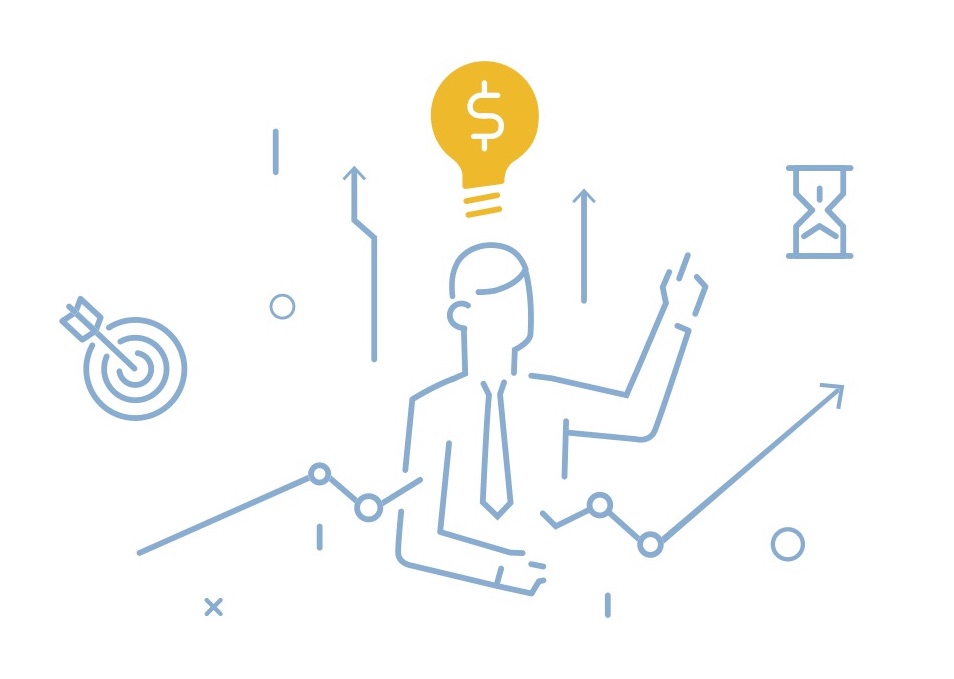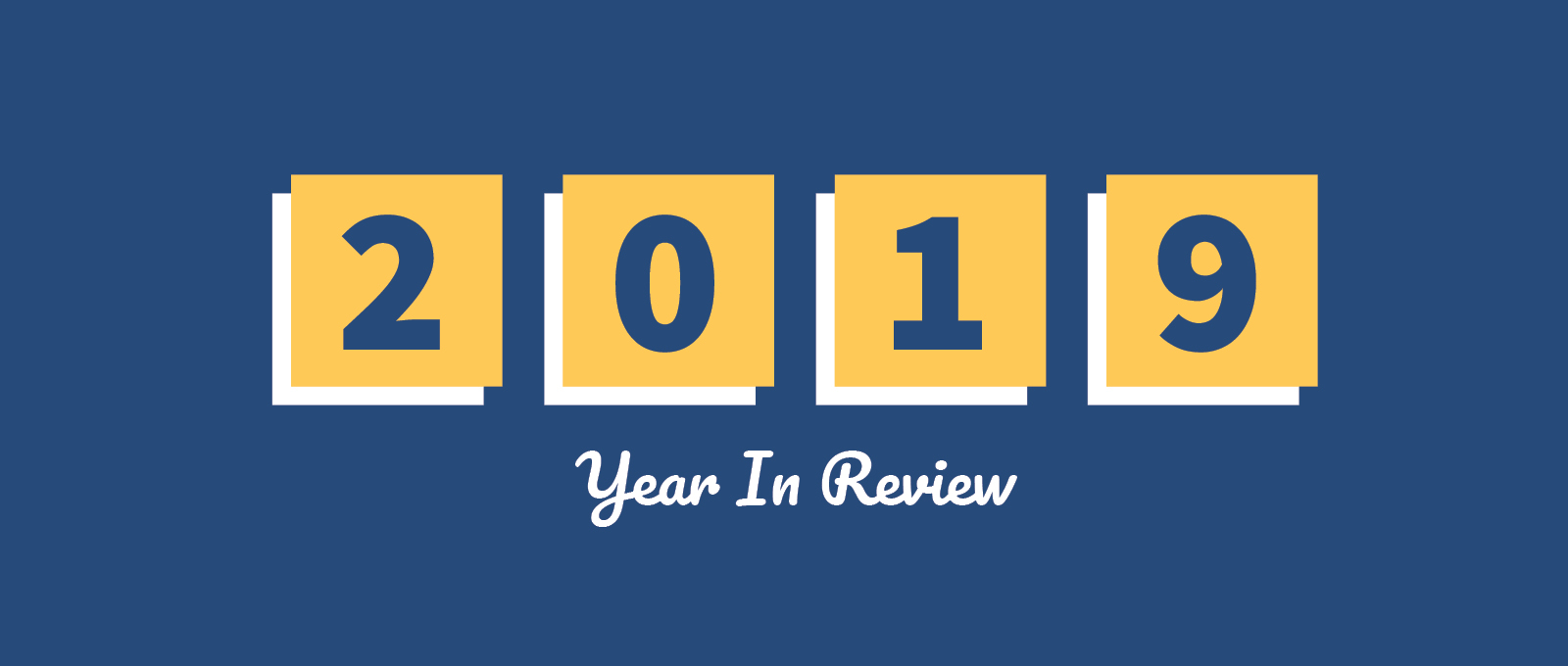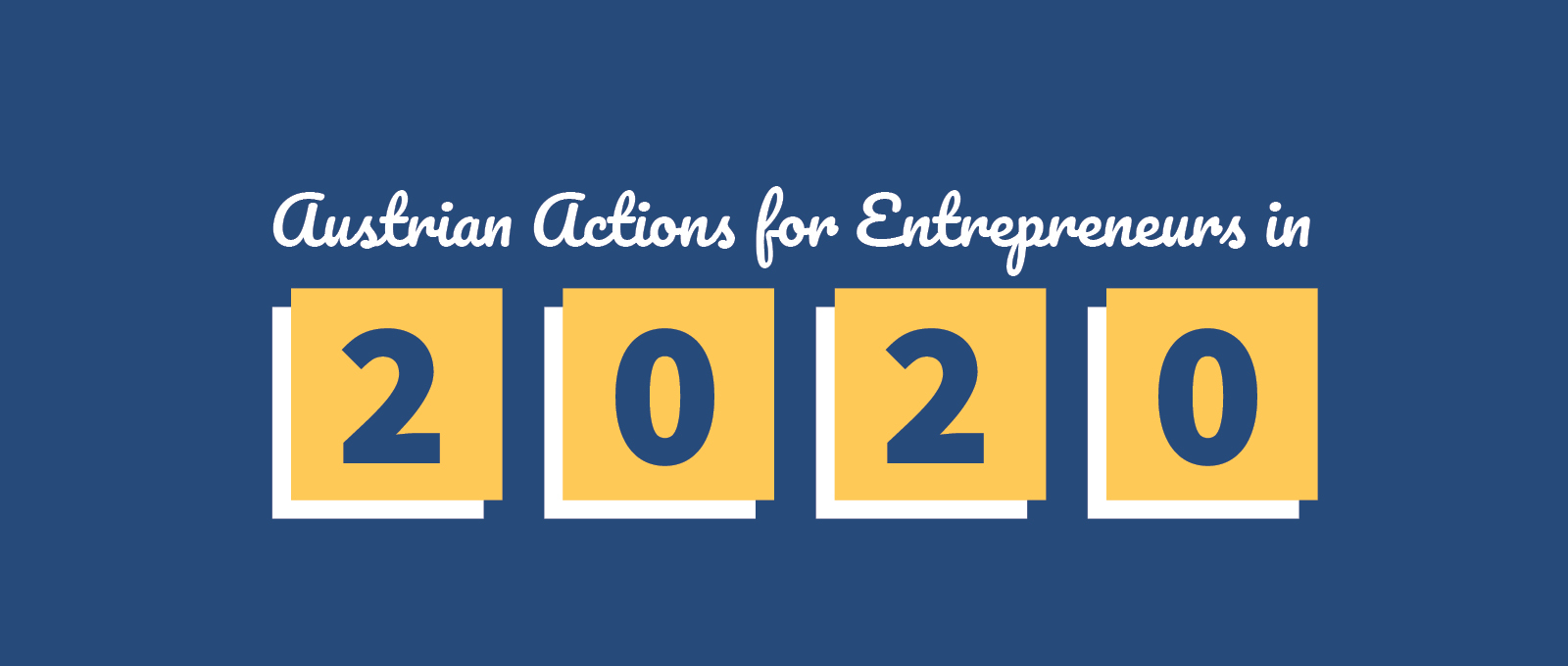41. Stephen Denning: There’s A Revolution In Value – It’s Austrian And It’s Agile.
Austrian economics emphasizes the delivery of value for consumers and customers. Only they can define value, because it’s their subjective experience that is valuable to them.
Listen to Stephen Denning using the example of Spotify to illustrate the agility of a modern firm – recognizing the unarticulated need of consumers for mobile on-demand music, delivering “1000 songs in your pocket” (and making consumers aware of new possibilities) and then further extending that product to include a weekly offering of new songs, another possibility the consumer couldn’t know about in advance but which quickly becomes a need. It’s the Austrian market process at speed: instant, intimate and frictionless.
Key Takeaways And Actionable Insights
The revolution in value:
- In the manufacturing economy, value was seen as making goods and selling goods.
- In the service economy, value was seen as service delivered to, and co-created by, customers.
- In the digital economy, all value is realized in the customer’s domain, and even they can’t imagine the value they’ll experience when they start using new digital technologies and methods.
In Austrian economics, the theories of customer sovereignty and value in experience that sit behind this value revolution are well established. Now, entrepreneurs are finding ways to implement these Austrian principles. They call the new world of value “Agile”.
According to Stephen Denning, the agile value revolution is a mindset, with three guiding principles.
- Obsession with facilitating great customer outcomes.
- Deliver the great customer outcomes at speed (work in small teams with short cycles)
- Organize the firm as a network, not a hierarchical bureaucracy.
Entrepreneurs can exercise this mindset in these ways:
Facilitate new value outcomes for customers.
- Entrepreneurs don’t create value – value occurs in the customer’s domain based on their consumption, and their context.
- Entrepreneurs can’t plan the value outcome – it’s emergent.
- Even customers can’t imagine what value they’ll experience from a new service or new technology.
- Therefore, entrepreneurs can facilitate value – make it possible – but only customers can realize value.
To facilitate value, fit into the customer’s life.
- Responsiveness is not enough – you’ll always be behind the twists and turns of customers’ changing preferences and experience.
- The art is to keep up with customers in real-time as they change.
- Practice customer anthropology – become part of their lives.
Time is value – use it well.
- Customers prefer faster over slower.
- Therefore, speed is value.
- Use time as a strategic weapon: faster wins.
Eliminate all waste.
- No value is created inside the firm.
- Many internal activities are pure waste – reversing value outcomes (e.g. decreasing speed).
- Estimates vary between 20%-50%+ of firm internal activities are waste.
- Eliminate all the waste you can identify.
- Export the savings to the customer.
Flexible, dynamic capital allocation.
- Move resources and capital around quickly, to value-facilitating applications.
- Be ruthless in eliminating non-value-facilitating projects.
Design and operate your firm as a network.
- A flotilla of speedboats outperforms a big machine.
- Change processes from linear to networked – from lean to flow.
- Change organization from hierarchy to network – no reporting lines.
- Change leadership thinking – place leadership in the teams that are close to the customer.
For more, check out Stephen Denning’s book The Age of Agile on Amazon.
DOWNLOADS & EXTRAS
The Agile Value Revolution PDF: Our Free E4E Knowledge Graphic
Understanding The Mind of The Customer: Our Free E-Book








Leave a Reply
Want to join the discussion?Feel free to contribute!